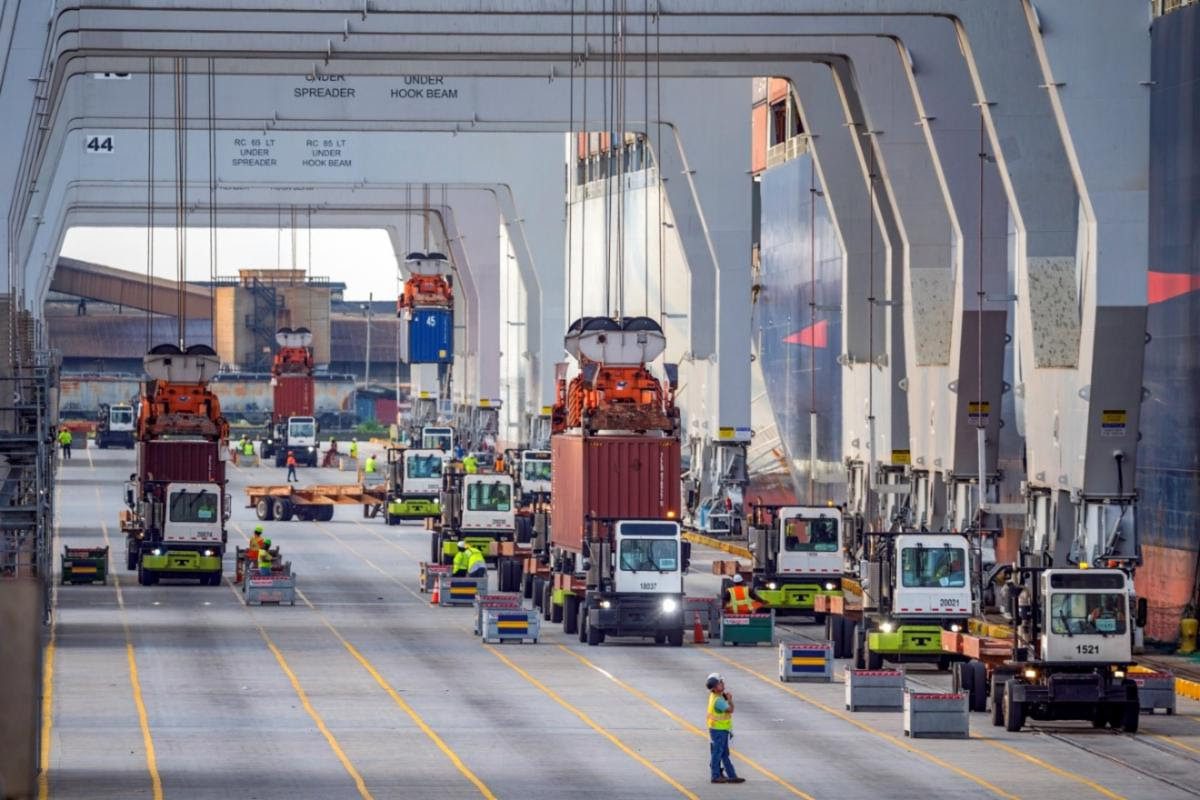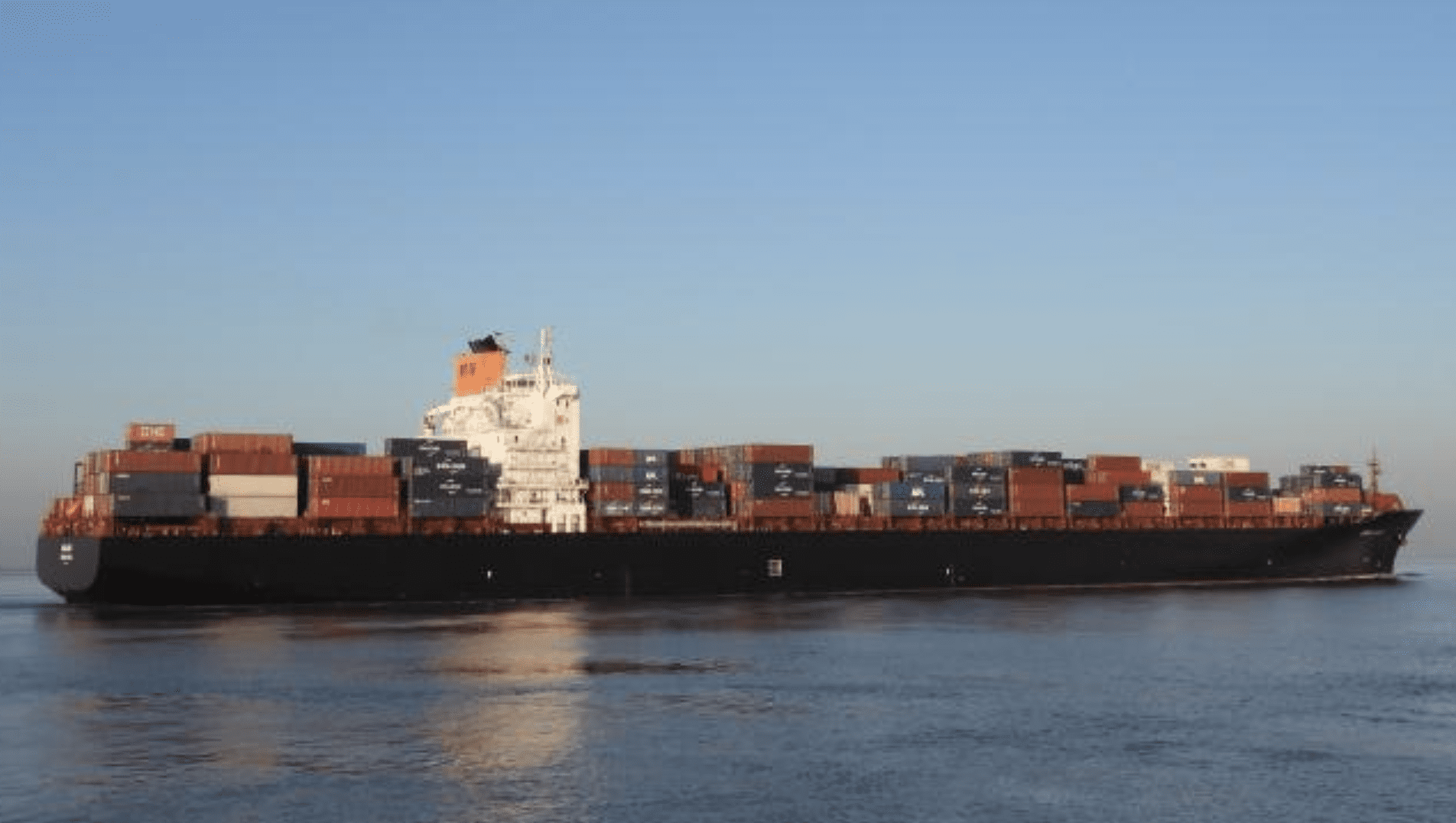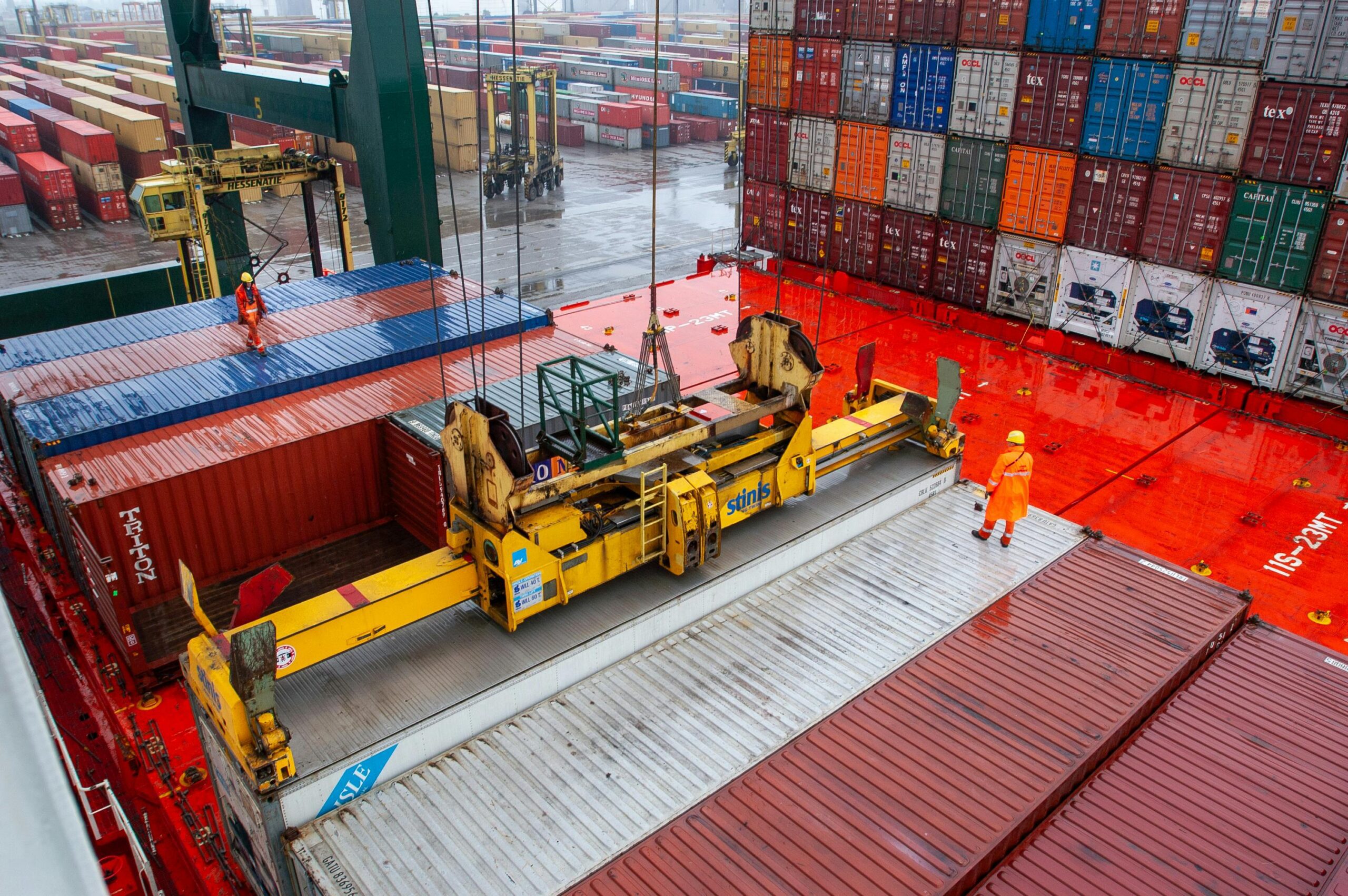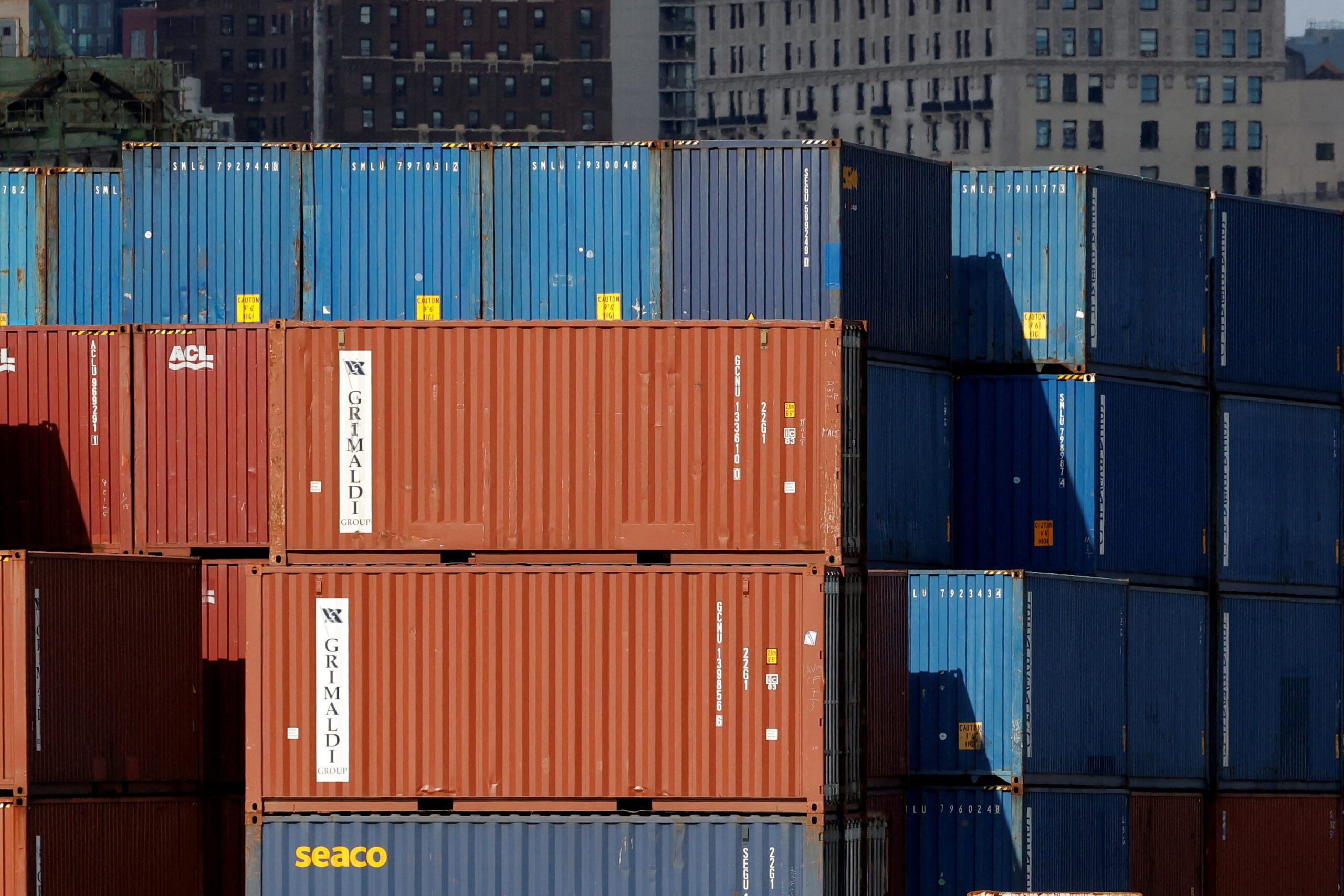A looming strike at ports along the US East and Gulf coasts could cause significant supply chain disruptions lasting into 2025, according to recent analysis from Xeneta, an ocean and air freight intelligence platform.
The potential work stoppage, involving 36 ports and 45,000 port workers represented by the International Longshoreman’s Association (ILA), hinges on reaching a new deal before the September 30 deadline.
Peter Sand, Chief Analyst at Xeneta, warns of severe consequences if a strike occurs. “There are ships on the ocean right now carrying billions of dollars of cargo heading to ports on the US East and Gulf Coast. These ships cannot turn back and they cannot realistically re-route to the US West Coast,” Sand explained. He added that even a week-long strike could impact shipping schedules well into January.
The potential strike comes at a particularly challenging time for ocean supply chains, which have already faced significant disruptions in 2024 due to conflict in the Red Sea, drought in the Panama Canal, and the Baltimore bridge collapse. Xeneta’s data shows that average spot freight rates from the Far East to the US East Coast have increased by over 300% between December 2023 and early July 2024.
With more than 40% of total containerized goods entering the US through East Coast and Gulf Coast ports, the economic stakes are high. Sand emphasized the need for government intervention to resolve the dispute, stating, “To stop trade entering the US on such a large-scale, even for short period of time, is highly-damaging to the economy.”
As negotiations continue, 177 trade associations have appealed to President Biden for immediate intervention and called for an immediate resumption of talks, recognizing the potential for serious economic consequences. Sand suggests that government intervention could prevent a dispute between smaller interest groups.
“Government intervention should be seen as a strength in the system, because it will prevent a dispute between a smaller group of interests – whether that is dockworkers or port terminal owners – from significantly impacting the wealth of the entire nation,” said Sand.
“If the parties cannot solve the dispute themselves then someone needs to solve it for them because closing the US East and Gulf coasts to trade for a prolonged period of time would be toxic for supply chains and the economy,” he added.
The Biden administration, however, has stated that the president does not plan to invoke the Taft-Hartley Act, a federal law that could be used to intervene in labor disputes.
“We are monitoring and assessing potential ways to address impacts to U.S. supply chains related to operations at our ports, if necessary,” White House spokesperson Robyn Patterson said. “We continue to encourage the parties to continue negotiating towards an agreement that benefits all sides and prevents any disruption,” she said.
Unlock Exclusive Insights Today!
Join the gCaptain Club for curated content, insider opinions, and vibrant community discussions.

 Join The Club
Join The Club











